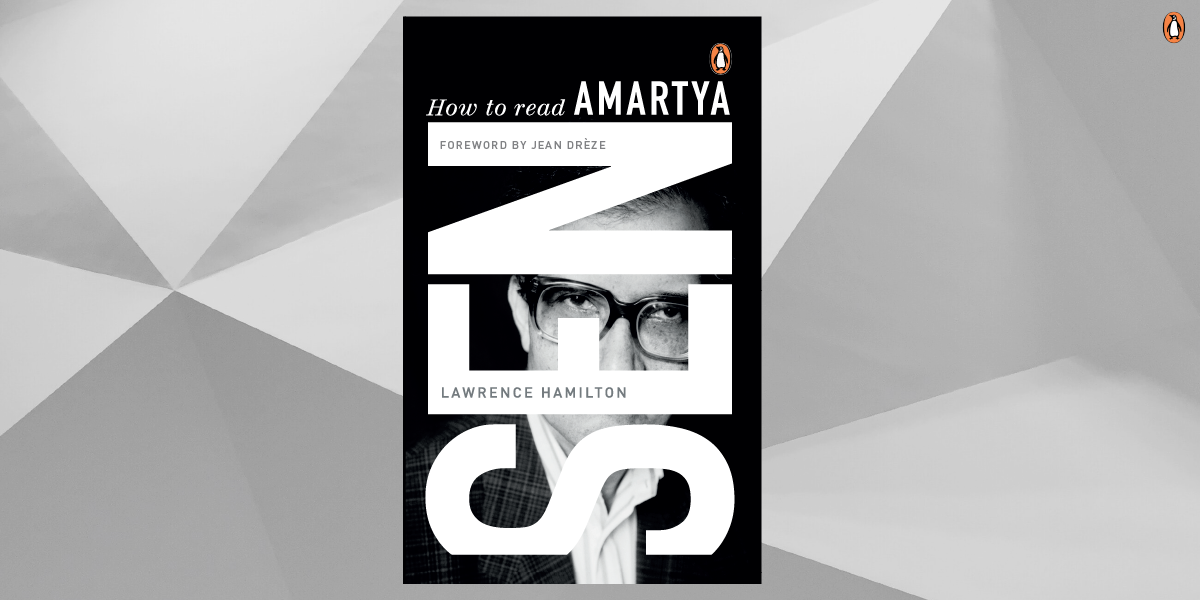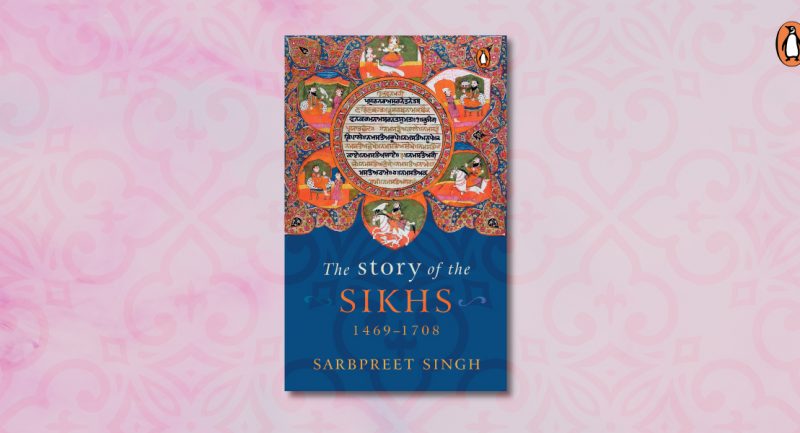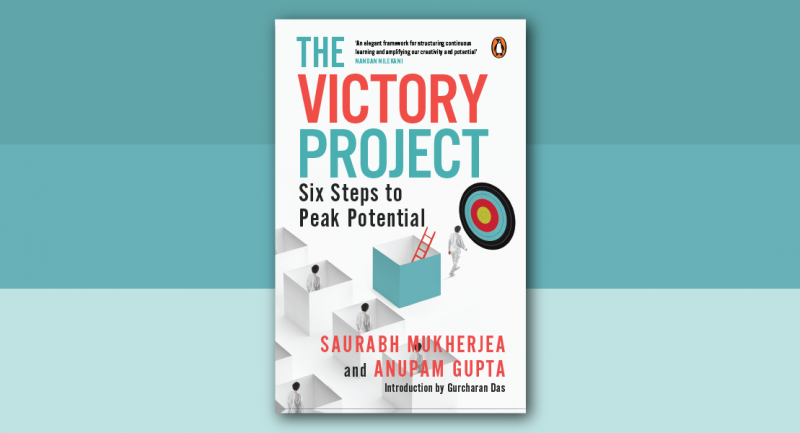
Nobel laureate Amartya Sen is one of the world’s best-known voices for the poor and the downtrodden, and an inspiration for the proponents of justice across the globe. He has contributed almost without peer to the study of economics, philosophy and politics, transforming social choice theory, development economics, ethics, political philosophy and Indian political economy, to list but a few. This book offers a much-needed introduction to Amartya Sen’s extraordinary variety of ideas. Lawrence Hamilton provides an excellent, accessible guide to the full range of sen’s writings, contextualizing his ideas and summarising the associated debates. In elegant prose, Hamilton reconstructs Sen’s critiques of the major philosophies of his time, assesses his now famous concern for capabilities as an alternative for thinking about poverty, inequality, gender discrimination, development, democracy and justice, and unearths some overlooked gems.
**
What can we draw from Sen’s ideas as we struggle to deal with the present crisis and try to remake our world following it? In bringing out Sen’s main contributions to economics, politics and philosophy, this book distills his groundbreaking framework for a new form of political economy, the need for which a crisis like Covid-19 brings sharply into focus. This political economy would be based on freedom-enhancing capabilities’ analysis and public action focused on specific injustices within revitalized democracies. Sen’s work, and that of his collaborators, especially Jean Drèze, is thus vital for the future of democracy in India (and elsewhere).
The best way to ‘read’ Amartya Sen, I suggest, is as a series of courageous theoretical and practical innovations regarding how better to solve instances of injustice via the support, revitalization and reform of democracy, especially in India.
India, the largest democracy on the globe and the oldest in the developing world, is rightly proud of its postcolonial achievements in terms of formal democracy. Yet, this record has not translated into substantive democracy, that is, the kind of achievements in quality of life across the board that would empower all of its residents to take advantage of both its growth in GDP terms and the successful maintenance of formal democracy.

How to Read Amartya Sen
Lawrence Hamilton
The Covid-19 situation in India is a powerful illustration of this lack of empowerment. India’s associated abrupt and severe lockdowns have accentuated the inequalities and deprivations of its massive population. Although the highest infection and death rates are still in the wealthier megacities of Mumbai, New Delhi and Chennai, the virus is now spreading fast in more rural areas in the east and south of the country. And it is the urban and rural poor who feel the full force of the three-pronged crisis. The abrupt loss of livelihood due to associated job losses is creating a very dangerous mix of viral spread and impoverishment. The poor, migrant workers, for example, who make up a huge proportion of the Indian population and economy, come from historically disadvantaged classes and castes and work very low-paying jobs without legal contracts. They live hand to mouth. The original decision to abruptly lockdown India left them marooned far from home, without shelter, work and sustenance, bar the incomplete coverage provided by the public distribution system (PDS) and the National Rural Employment Guarantee Act (NREGA). Overnight, this generated a mass migrant exodus, which has been compared to the great migration during Partition (Deshingkar 2020). And, as the disease spreads east, for example, it is those who eke out basic subsistence in the poorest states, such as Bihar and Jharkhand, with high population density and much weaker medical infrastructure, who will be under the most severe threat of food insecurity and infection (Drèze 2020).
All told, the poorest, most precarious and least powerful sections of India’s population have been largely abandoned by the Indian state in their time of need. The arrogance and indifference to the plight of these lower caste, uneducated, labouring people brings into sharp relief the extreme inequities Sen has fought for more than half a decade to overcome (Mander 2020).
In the second edition of Drèze and Sen’s magisterial account of the various things that have plagued public policy for development in India, especially in areas such as health, education, social security, environmental protection, economic redistribution and so on, they argue convincingly that these components of development depend on public action. Effective public action is not possible without significant change to how it is thought about and implemented in India. It depends on high standards of governance both in the determination of where and why extreme deprivations exist and how best to keep corruption at bay and accountability to the fore. It is an indictment on successive Indian governments over the last two decades or so that, despite high levels of growth, its latest social indicators are still ‘far from flattering’. China may have been less successful at keeping famines at bay, but in terms of social progress – from ending poverty to the provision of decent education and functional toilets – it has been far more successful than India. Moreover, as regards most relevant social indicators, India is still worse off than many of its much poorer south Asian neighbours, such as Bangladesh, Bhutan, Nepal and Sri Lanka. With the sole exception of Pakistan, India has the lowest life expectancy, the highest child mortality rate and the highest fertility rate. In terms of sanitation and child nutrition, India fares worse than all of its neighbouring countries. Its rates of female literacy are amongst the lowest in the region. And, staggeringly, over 40 per cent of India’s children are underweight, compared to 25 per cent in Sub-Saharan Africa (Drèze and Sen 2020).
**









